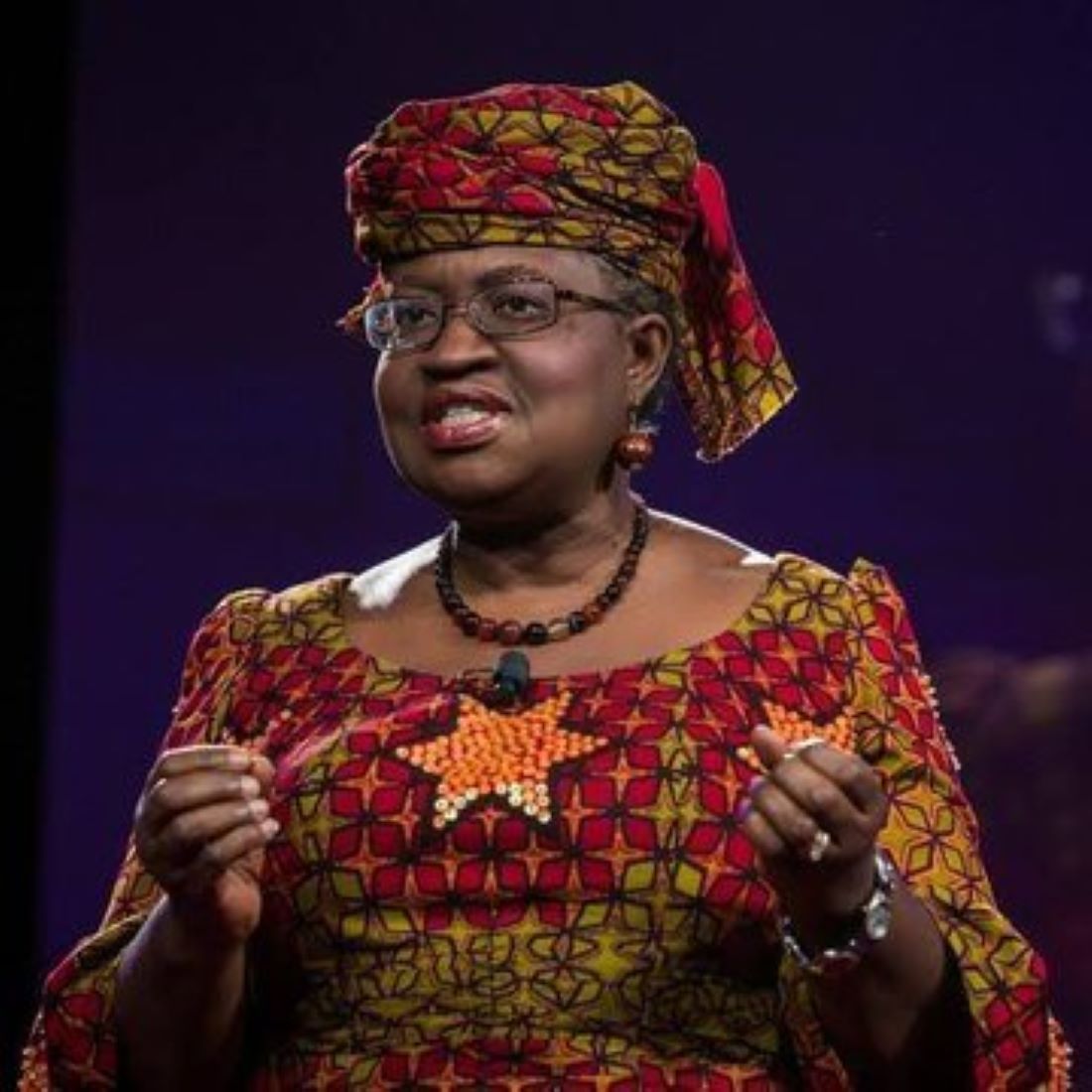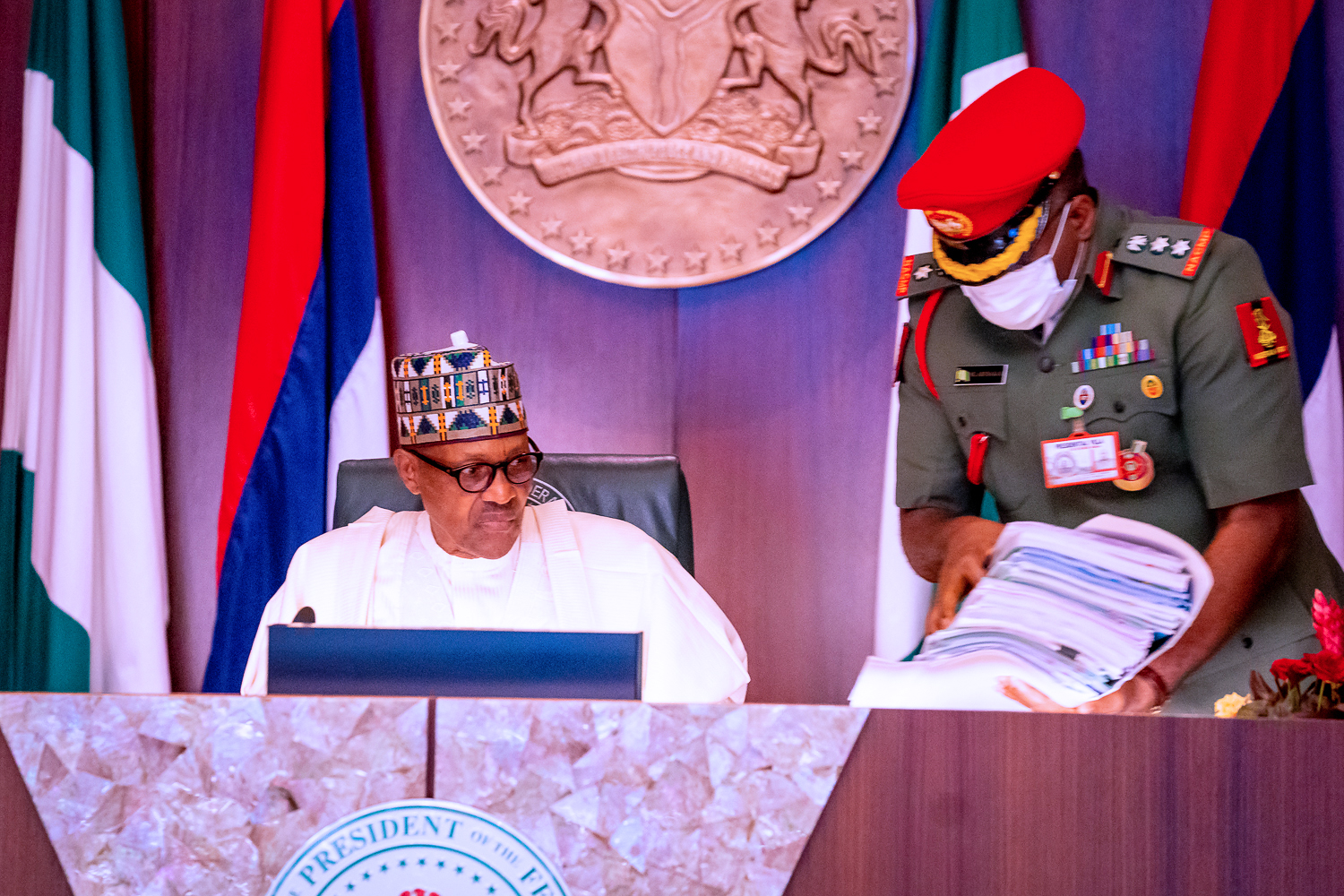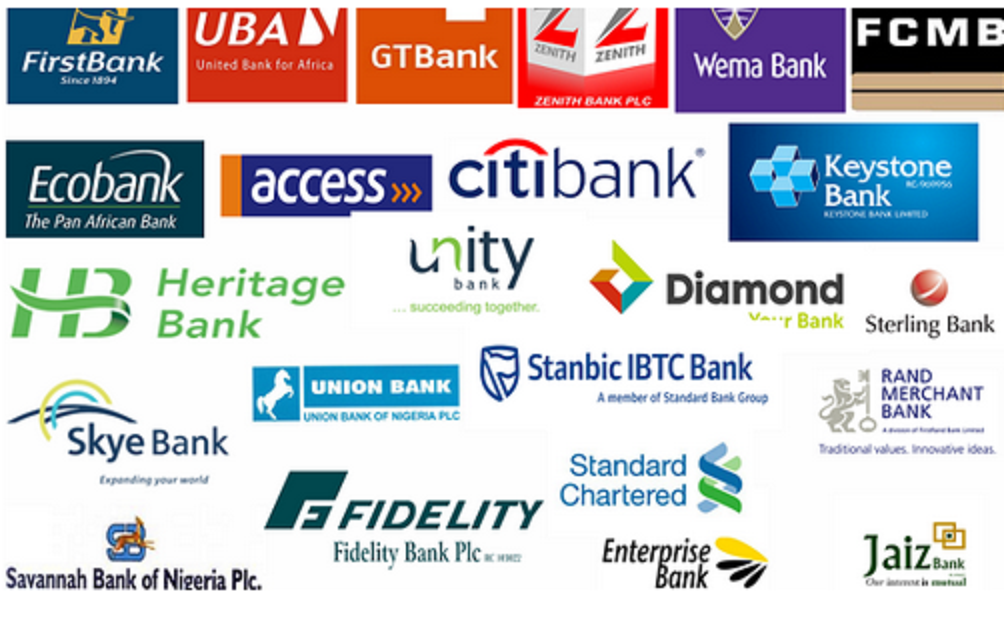
Tanko Mohammed
The World Trade Organisation (WTO) has announced the appointment of 66-year-old former two times finance minister, Ngozi Okonjo-Iweala, as Director General.
Okonjo-Iweala, the frontrunner in the race was confirmed by WTO Governing Council, making history as the first woman and the first African to head WTO.
WTO broke the news on its twitter handle @wto on Monday, February 15, 2021 and said that the four-year tenure would begin on March 1, 2021.
The confirmation of the appointment came in wake of Washington’s vacation of veto which was placed by former President Donald Trump.
The selection of the new Director General is predicated on the early resignation of 62-year-old Roberto Azevedo from the post.
Azevedo announced in May 2020 that he would be resigning from the position by 31 August 2020, a year before his term formally ends.
The resignation played up seven contenders vying to become the next head of the beleaguered World Trade Organization — with two entering the race just before the close of nominations.
The contestants were Britain’s international trade secretary Liam Fox and Kenya’s former WTO general council chair Amina Mohamed .
Others were South Korean Trade Minister Yoo Myung-hee; Mexico’s former WTO deputy director-general Jesus Seade Kuri; former Nigerian foreign and finance minister Ngozi Okonjo-Iweala; Egyptian former diplomat Hamid Mamdouh; and former Moldovan foreign minister Tudor Ulianovschi.
Kenya’s sports minister Mohamed, 58, first ran for the post in 2013. The country withdrew from the race in support of 66-year-old Nigerian, Okonjo-Iweala, who polled 163 out of the 164 votes.
The US withheld the only vote, as Trump threw his weight behind 53-year-old Yoo of South Korean who also stepped down last week, paving the way for President Joe Biden to adopt the Nigerian.
Okonjo-Iweala, sits on the board of GAVI, the global vaccine alliance that works with pharmaceutical companies and donors to ensure adequate delivery of inoculation services to the world.
Last month, GAVI said political support was needed if poor and middle-income countries are to access vaccines as wealthier nations strike deals with pharmaceuticals to secure the limited supplies.
As the head of the world’s biggest trade arbiter, Dr Okonjo-Iweala, is likely to face up to the Big Pharma accused of hogging vaccine technology in the combat of the Covid-19 pandemic.
“Dr Okonjo-Iweala brings a wealth of knowledge in economics and international diplomacy from her 25 years with the World Bank and two terms as Nigerian Finance Minister,” said the US Trade Representative in a statement on Monday.
“She is widely respected for her effective leadership and has proven experience managing a large international organisation with a diverse membership.”
With her appointment, the global trade body is destined to have its first woman director-general, who will also be the first African boss.
In additional to the Covid-19 vaccine politics it now faces, the WTO has grappled with stalled trade talks and struggled to curb tensions between the United States and China.
To lead the 164-member organisation through the pandemic hurdles, Dr Okonjo-Iweala, a development economist, will have to lean on her experiences to wade through the vaccine politics. While pitching for the job last year, she called for the equalisation of vaccine distribution, including allowing poor countries to manufacture local vaccines using technology from the developed world.
Under the WTO, the agreement on Trade Related Aspects of Intellectual Property Rights (Trips) addresses the inequality by allowing poor and developing nations to use technology created in rich countries to manufacture cheaper generic drugs and vaccines as long as they are sold within their locality. This is one way India has become the largest supplier of medical drugs to Africa by making generic drugs within technology from the West.
India and South Africa had pushed for a waiver of restrictions on intellectual property rights on Covid-19 vaccines, citing the provision in Trips where such could be lifted in case of emergency.
“On one hand, these countries are buying up as much of the limited supply as they can, leaving no vaccines in the pie for developing and least-developed countries.
“On the other hand, and very strangely, these are the same countries who are arguing against the need for the waiver that can help increase the global manufacturing and supply to achieve not just equitable, but also timely and affordable access to such vaccines for all countries,” India argued in a statement to the Trips Council last year.
All countries have accepted that Covid-19 is an emergency, but wealthy countries have cracked under Big Pharma pressure to impose further non-tariff barriers making it difficult for the poor to import.
A vaccine importation strategy publicised by Kenya on Thursday revised the dates to 2023, when at least 16 million people may have been vaccinated. An initial target was to meet this by the end of this year.
“While many wealthy countries started vaccinating their health workers and other groups nearly two months ago, countries such as Eswatini, Malawi and Mozambique, which are struggling to respond to this pandemic, have not received a single dose of the vaccine to protect the most at-risk people, including frontline health staff.”
But vaccines, like trade in most new technologies, have been a sensitive issue at the WTO. Dr Okonjo-Iweala’s first task may be to restart negotiations meant to reduce tariffs and make trading between countries easy. Known as the Doha Development Round, the negotiations that began in 2001 were supposed to progressively lower trading barriers, including access to technology.
Dr Okonjo-Iweala, inherit this challenges as well as others including the trade tiff between the US and China, pecuniary situation of the organisation, as well as problems of developing countries.













